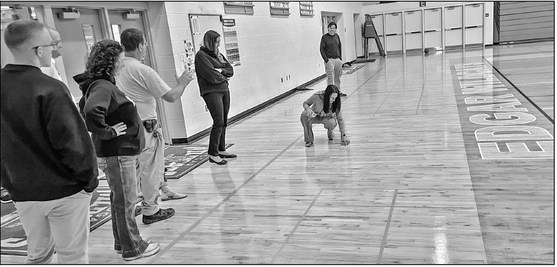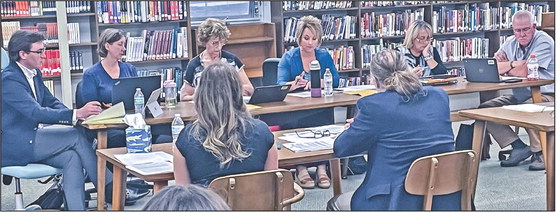County to consider options for UW campus buildings
Students, staff moving to NTC in 2026
Marathon County, which just started the process of divesting itself of several vacant properties in Wausau, will soon have even more buildings to potentially offload after the UW-Stevens Point camp...


